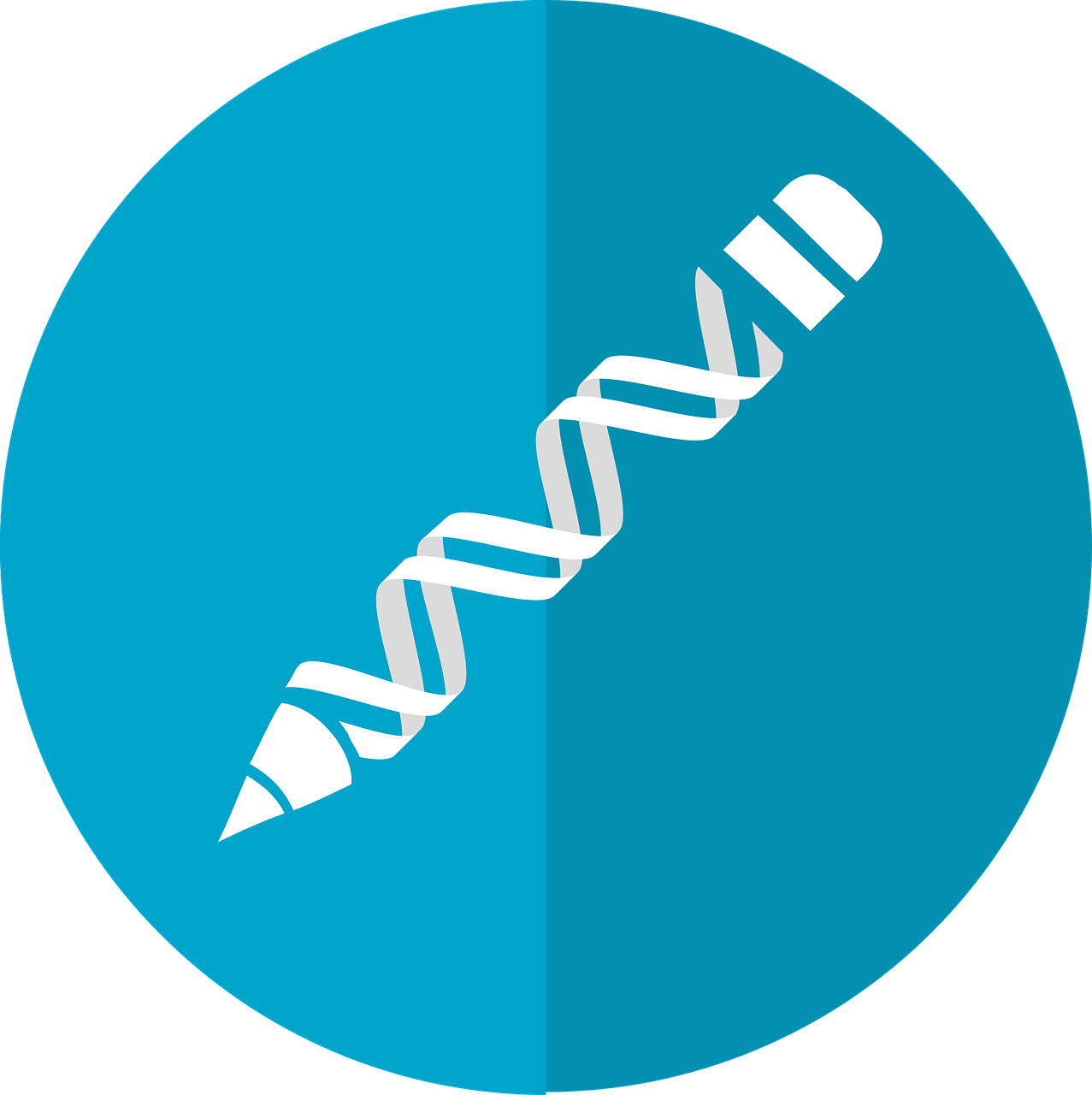Chinese gene editing therapies are developing
/China’s race to test ‘mutation-free’ gene-editing technology on cancer patients
BEIJING — China could be just over a year away from clinical trials of a new gene-editing therapy with an unprecedented high level of safety, according to a team of Chinese scientists involved in the research programme.
The scientists said the research, based on groundbreaking work published in the journal Science earlier this month, could help save the lives of many patients battling deadly diseases including cancer.
The existing genome-editing method works like a shotgun, breaking up a large numbers of genome strands and sometimes missing its intended target, causing unnecessary damage to cells.
The new tool under development in China targets and swaps individual “letters” in the DNA with extreme precision, avoiding cuts to the strands and significantly reducing the risk of unexpected mutations.









